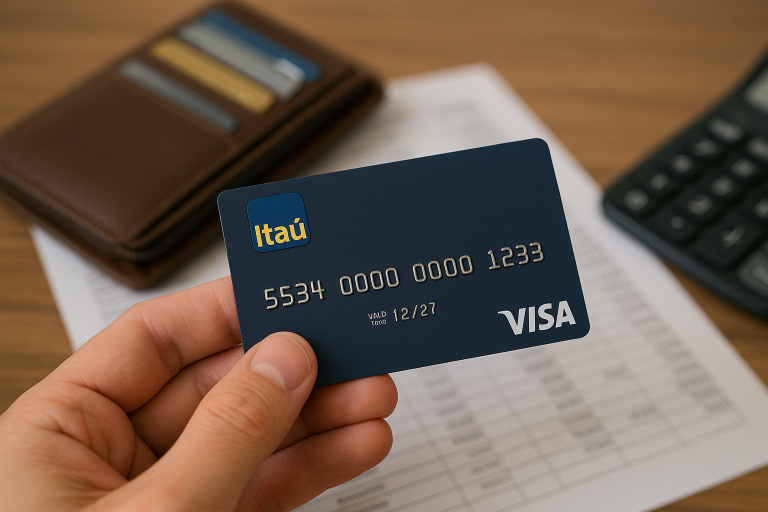
Have you ever wondered how some people seem to grow their money without much effort? That’s the power of investing.
Instead of just working to earn money, investing allows your money to work for you, generating income while you focus on other activities.
If you're a beginner and don't know where to start, this guide will help you understand the basic concepts and take the first steps toward achieving a more balanced and promising financial life.
Investing means investing your money in assets (stocks, real estate, fixed income, among others) that can increase in value over time.
Unlike simply saving money, the goal of an investment is to make money grow, whether through interest, dividends, or asset appreciation.
When you invest, you're assuming a certain degree of risk in exchange for the possibility of a higher return than low-risk options like savings accounts. But don't worry: starting with simple, safe investments is a great way to gain confidence and knowledge.
First of all, it's important to understand why investing is a good idea, especially for beginners. Here are a few reasons:
Now that you know why investing is important, let's explore some of the most common and accessible options for beginners:
Fixed income is a more conservative and stable investment category. Here, you know in advance how much you'll earn, making this type of investment ideal for those who are risk-averse.
Investment funds are a practical way to invest without having to choose assets directly. A professional manager does this for you, diversifying your portfolio to balance risks and returns.
For beginners, fixed income or multimarket funds are good options, as they allow you to have moderate exposure to different types of investments.
Investing in stocks means buying small shares of companies. If the company grows and generates profits, you can benefit in two ways: through share appreciation or by receiving dividends.
Although stocks are riskier than fixed income, they also have a much higher potential return. For beginners, it's advisable to start with smaller amounts or invest in ETFs (index funds), which offer a basket of stocks, diluting the risk.
When starting to invest, there are some important principles to follow to minimize risk and maximize results:
Nowadays, investing has become easier and more accessible thanks to digital platforms. Some brokerages offer free account opening and allow you to start investing with little money. Check out some popular options in Brazil:
These platforms offer a range of educational materials and tools that make it easier to track your investments.
Investing may seem complicated at first, but with knowledge and discipline, anyone can make their money work for them.
Start small, study, and remember that time is one of your greatest allies when it comes to investing. The sooner you start, the greater your potential long-term returns.
The most important thing is to take the first step, whether small or big. And, over time, you'll see how your finances can transform, providing you with greater security and peace of mind in the future.